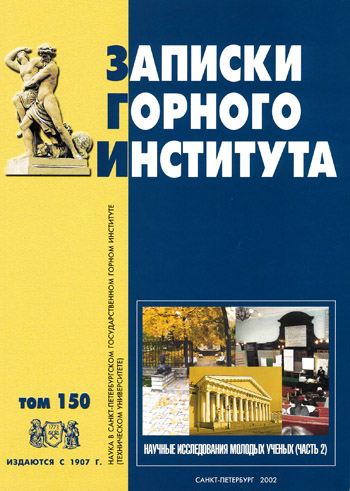Modern experiment and mathematical statistics: methodological aspects
- Postgraduate student G.V. Plekhanov Saint Petersburg Mining University
Abstract
Nowadays, it is difficult to imagine science existing without any connection with experiment. The very notion of experiment has undergone significant changes in the last decades, Earlier the essence of experiment was reduced to the study of well-organized systems. However, in our time the tendency has developed to move from the study of well-organized systems to poorly organized, diffuse systems or to the study of problems of so-called bad structure. Two significantly different approaches to the study of poorly organized systems can be pointed out, which have clearly emerged over the last ten decades. The first approach consists in the use of ideas and methods of multivariate mathematical statistics, the second is a purely logical analysis of their control process. Here we are already dealing with the cybernetic approach. At present, the problem of studying poorly organized systems acquires paramount importance in view of the fact that the majority of real systems belong exactly to this category of systems. Moreover, we can confidently say that the methodology of one-factor experiment does not meet in the vast majority of cases the modern real goals and objectives of the experiment. When studying such systems, it is often necessary to operate with a combination of both cybernetic and statistical approaches in order to obtain the most complete understanding of the essence and nature of the process or system under study.
